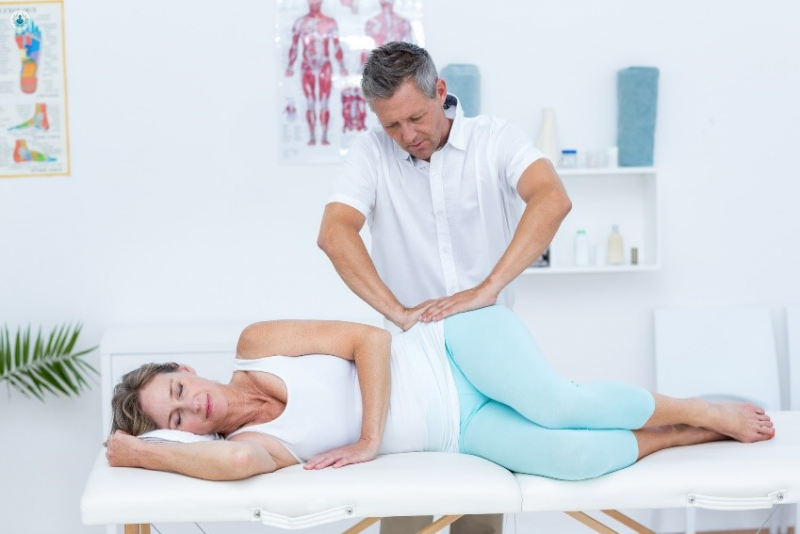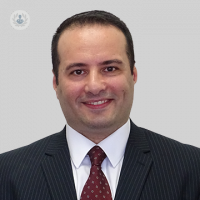When should I start to worry about post-joint surgery pain?
Written by:In this article, revered consultant orthopaedic and trauma surgeon, Mr Sulaiman Alazzawi, provides us with an all-you-need-to-know guide on pain after joint surgery.

How common is post-joint surgery pain?
It is common for patients to experience pain after joint surgery. Some patients may experience a greater level of pain immediately after surgery, while others may have less pain initially, but more as they begin to move and bear weight on the joint.
What symptoms are patients suffering from post-joint surgery pain likely to suffer from?
Symptoms of post-joint surgery pain may include aching or throbbing in the affected joint, stiffness, swelling, and difficulty moving the joint. Some patients may also experience fatigue, nausea, or sleep disturbances due to the pain.
When should one start to worry about post-joint surgery pain?
It is important to communicate with your healthcare provider about any pain you are experiencing after joint surgery. If the pain is severe and not relieved by over-the-counter or prescribed pain medications, or if it is interfering with your ability to perform daily activities, it is important to speak with your healthcare provider.
What are the most effective home remedies for post-joint surgery pain?
Some home remedies that may help to alleviate post-joint surgery pain include:
- resting and elevating the affected joint
- applying ice or heat to the affected area
- taking over-the-counter pain medication as directed by your healthcare provider
- using a compression bandage or elastic sleeve to reduce swelling
- doing gentle range-of-motion exercises as recommended by your healthcare provider
How is it treated most effectively?
Pain after joint surgery is typically treated with a combination of medications and physical therapy. Medications may include over-the-counter pain relievers, such as acetaminophen or ibuprofen, or prescription pain medications.
Physical therapy can also help when it comes to improving the range of motion and strength in the affected joint, and may involve exercises, stretches, and other techniques to help reduce pain and improve function.
Mr Sulaiman Alazzawi is an esteemed consultant orthopaedic and trauma surgeon. To book a consultation with him today, head on over to his Top Doctors profile.


